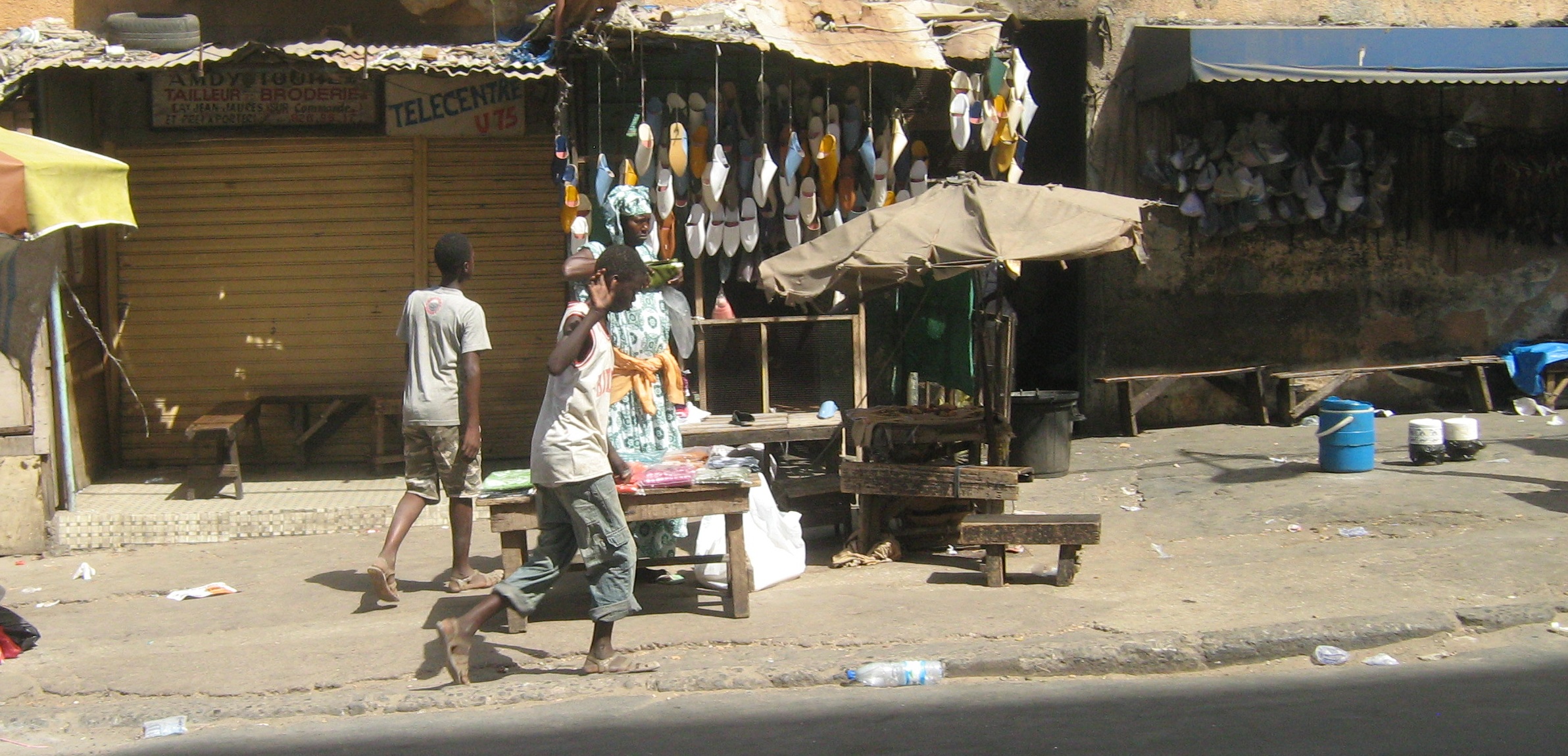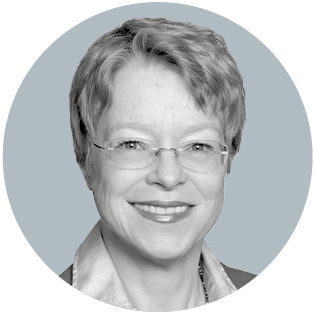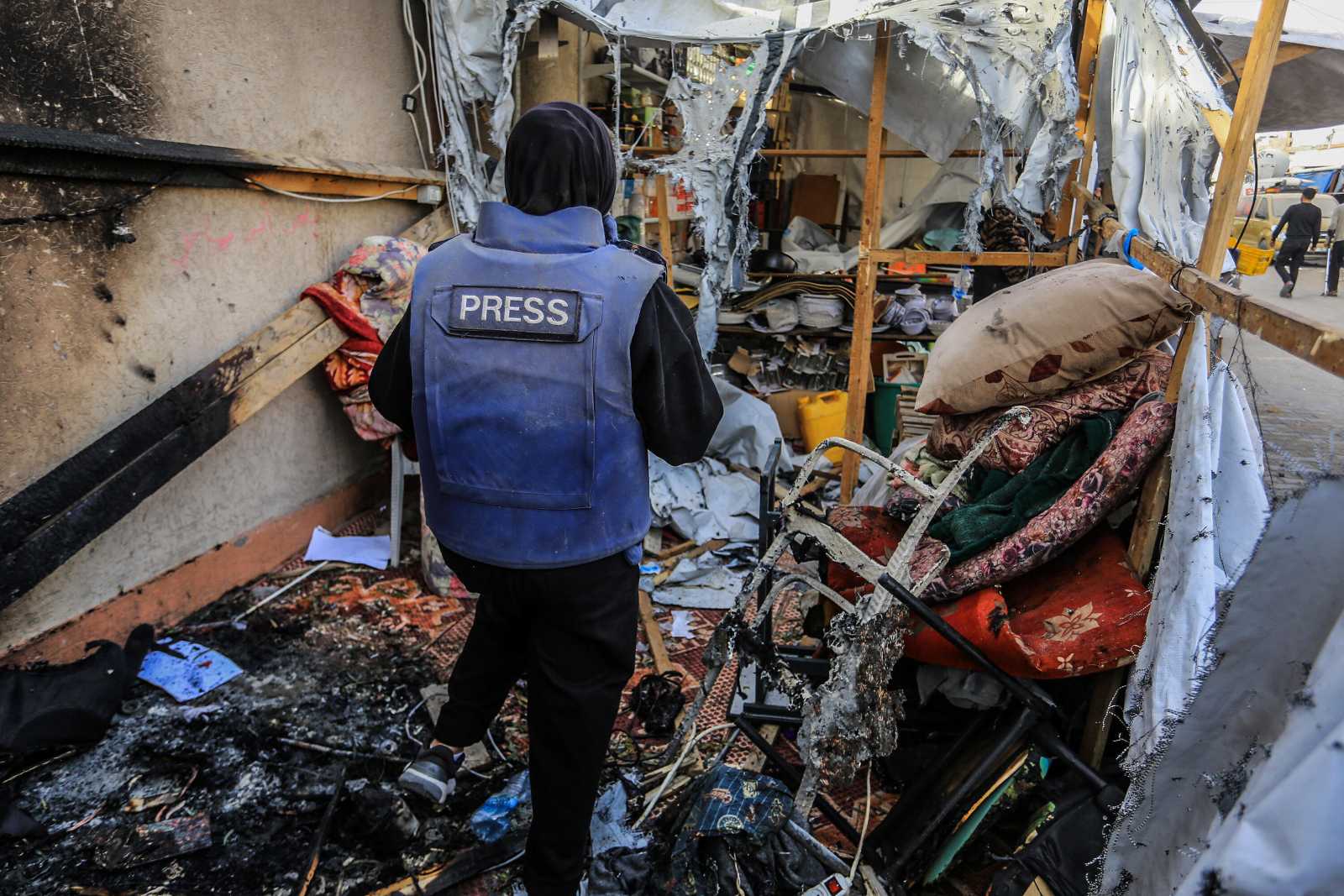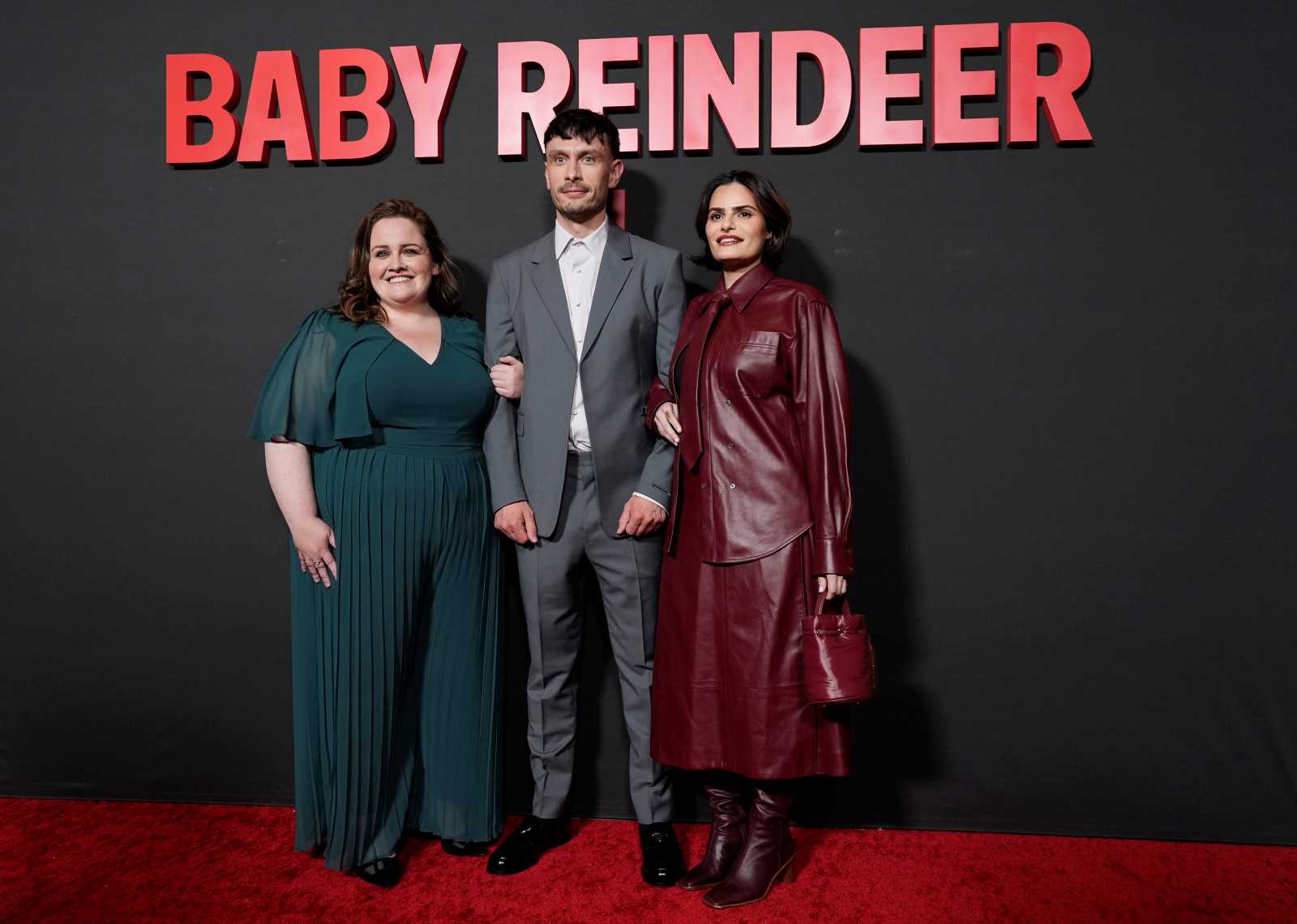Popular uprising
A triumph for young people
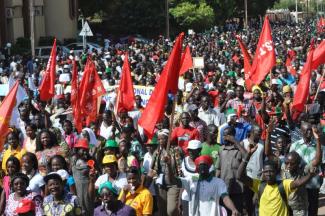
By the end of October 2014, Ouagadougou was in the hands of the people. Hundreds of thousands marched through the main thoroughfares of the Burkinabé capital, most of them young people. They wanted to finally be rid of Blaise Compaoré, who was preparing to amend the constitution yet again in order to remain in power.
As early as 1997, his regime changed the article of the constitution that limited presidents to two consecutive terms. In 2000, however, it revised the rule once more. Thanks to political and arithmetical tricks, he managed to remain head of state for 27 years. Compaoré had grabbed power in 1987 in a coup that ousted his leftist predecessor, Thomas Sankara, who had risen to power in an earlier military coup in 1983.
In 2015, the constitutional rule was that Compaoré’s rule had to end, so Compaoré wanted to amend it yet again. The parliamentary vote on the matter was scheduled for 30 October. But following massive popular protests, the military ended up dissolving the government and the parliament on that day. Compaoré resigned and fled the country shortly thereafter.
The uprising against the government did not happen overnight. The country’s citizens were deeply frustrated by extremely high unemployment, corruption and poor governance. Starting in 2013, a variety of non-governmental organisations (NGOs) were started to oppose further terms in office for Compaoré, including Balai citoyen, Collectif anti référendum (CAR), Mouvement du 21 juin (M21), Ça Suffit, Ligue des jeunes and Mouvement Brassard Noir (MBN).
The country’s youth firmly believed that their political future would be decided on the street. Of the newly founded NGOs, Balai citoyen, which was backed by two Burkinabé icons, the musicians and activists Sams’K Le Jah and Smockey, played the most crucial role. The organisation also had the support of lawyers, economists, journalists and above all students at the University of Ouagadougou.
The foundation for Balai citoyen was laid on 13 May 2013 on the university’s campus. Responding to plans to amend the constitution, students created a debate forum called “Deux heures pour nous deux heures pour l’Afrique” (“Two hours for us, two hours for Africa”), which eventually gave rise to the NGO. The group met Monday through Friday between 1 and 3 p.m., during the university’s two-hour lunch break, to discuss a current political or social topic.
“About 250 people showed up after just the first week. This was a place where students could express their concerns,” recalls Serges Bayala, one of the founders and members of Balai citoyen. More and more people came, which worried the university administration. The group initially met in the cafeteria, but was soon forced to move the meetings outside. But that didn’t slow its momentum. The university leadership did not try to hide its fear that a political association might be forming on campus – which was precisely the goal of the students who organised the meetings. Bayala says: “The students were interested in what was going on, and we wanted to find a way to engage them in the political struggle.”
Organising on campuses
Across the country, opposition took shape on other university campuses and in numerous NGOs that were either founded or headed by young people. A new generation of civil-society organisations was born, which previously had mostly been made up of trade unions.
Balai citoyen established clubs in many neighbourhoods of the capital and in some of Burkina Faso’s smaller cities. Following the decision in October 2014 to take the protest to the streets and demonstrate in front of the National Assembly on the day of the vote, members of Balai citoyen travelled through Ouagadougou mobilising citizens. Participants in Mouvement Brassard Noir and other organisations also went to the homes of members of parliament and called on them to vote against the amendment so as “not to betray the people”. Bobo-Dioulasso, the country’s second-largest city, also had an active NGO scene. In addition to Balai citoyen, Ligue des jeunes played a large role there.
The movement was successful in part because the NGOs formed a strong partnership with CFOP, a coalition of Burkina Faso’s opposition parties. While civil-society organisations focused on mobilising citizens, CFOP staged large meetings with politicians and representatives of NGOs. The first such meeting took place on 29 June 2013, which also marked the first public appearance by Balai citoyen.
Civil disobedience
Without widespread mobilisation at various levels, the powerful uprising that ousted Compaoré would have been impossible. Even before the mass demonstration on 30 October 2014, young people were camping out on Revolution Square in Ouagadougou and facing off with security forces. NGOs and CFOP had called for acts of civil disobedience. When Balai citoyen’s celebrity icon, Sams’K Le Jah, showed up with a mattress and a tea kettle, the demonstrators knew that they were not going to yield.
The crowd protested when the head of CFOP, Zéphirin Diabré, called for an end to the occupation in his speech on Revolution Square on 28 October. They wanted to stay until their demands were met. “The fight belongs to the people, and the people can do what the people want,” Diabré responded. There was street fighting that night. The toppling of the Compaoré regime was a triumph for Burkina Faso’s youth. Its idols are Thomas Sankara and Norbert Zongo, a journalist whose politically-motivated murder in 1998 led the country’s unions and political opposition to join forces.
Serges Bayala, along with other leading figures in the uprising, was awarded a medal for his services by the transitional government. President Roch Marc Kaboré, who remains close to some members of the former opposition movement, has been in office since the end of 2015. He won the election against CFOP head Zéphirin Diabré.
But the country’s problems have not gone away. Most importantly, the new government has not proposed any sustainable solutions to the problem of joblessness, which was one of the main causes of the uprising. Impunity continues to be a problem, and so is the clan-like distribution of power.
Some of the NGOs that played a leading role in the 2014 uprising continue to fight for change and more substantial actual democracy. Balai citoyen and eight other organisations have come together to form Coalition Ditanyè, which is named after Burkina’s national anthem. Two years after the uprising, in October 2016, the group declared: “The fight has just begun.”
Boukari Ouoba is a journalist for the Burkinabe newspaper Mutations and secretary general of the Burkinabe journalists’ association, Association des Journalistes du Burkina (AJB).
ouobari@yahoo.fr
